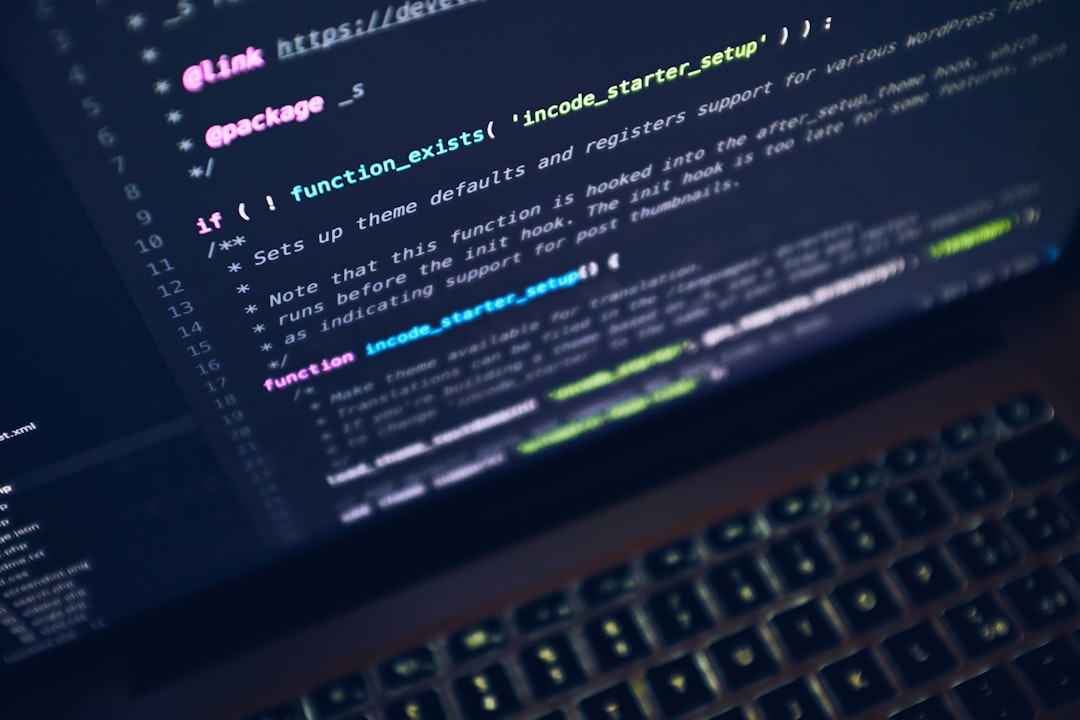
The Future of Artificial Intelligence Revolutionizing Industries Through Cutting-Edge Innovation
Artificial Intelligence (AI) is no longer a futuristic concept; it is a transformative force that is reshaping industries around the globe. As technology trends evolve, the integration of AI into various sectors is leading to unprecedented efficiencies, enhanced customer experiences, and groundbreaking innovations. In this article, we will explore how AI is revolutionizing industries and what the future holds for this cutting-edge technology.
Current Developments in AI
The rapid advancements in AI technologies are paving the way for new applications across multiple industries. Machine Learning (ML), Natural Language Processing (NLP), and computer vision are just a few areas that are experiencing significant breakthroughs. These technologies enable machines to learn from data, understand human language, and interpret visual information, respectively.
For instance, companies like Google and Microsoft are leveraging AI to enhance their cloud services. By automating processes and analyzing vast amounts of data, these tech giants are helping businesses drive insights that were previously unattainable. As AI algorithms become more sophisticated, their ability to predict trends and consumer behavior will only improve, leading to smarter business strategies.
AI in Healthcare
One of the most promising applications of AI is found in the healthcare industry. From diagnostics to personalized medicine, AI has the potential to revolutionize patient care. Machine learning algorithms can analyze medical images with astounding accuracy, assisting radiologists in detecting diseases like cancer at earlier stages.
For example, IBM’s Watson Health uses AI to analyze vast datasets and provide evidence-based treatment recommendations for cancer patients. This not only saves time but also enhances the quality of care provided to patients. As AI continues to evolve, we can expect further innovations in telemedicine, patient monitoring, and drug development, making healthcare more accessible and efficient.
AI in Manufacturing
In the manufacturing sector, AI is driving the rise of smart factories. By incorporating AI-driven robots and automation, companies can streamline production processes, reduce errors, and minimize downtime. Predictive maintenance powered by AI can foresee equipment failures before they occur, saving costs and improving operational efficiency.
Take the example of General Electric, which utilizes AI to monitor its jet engines. By analyzing sensor data, GE can predict potential failures and conduct maintenance before issues arise. This proactive approach not only extends the lifespan of machinery but also enhances safety and reliability in manufacturing.
AI in Finance
The finance industry is also experiencing a transformation through AI technologies. Financial institutions are leveraging AI for risk assessment, fraud detection, and personalized customer service. Algorithms can analyze spending patterns and detect anomalies in real-time, allowing banks to respond swiftly to potential fraud.
Moreover, robo-advisors powered by AI are making investment management accessible to a broader audience. These platforms analyze user data and market trends to create tailored investment portfolios. For example, companies like Betterment and Wealthfront offer automated investment services, democratizing financial planning for individuals without significant assets.
AI in Retail
Retailers are increasingly adopting AI to enhance customer experiences and optimize inventory management. Through predictive analytics, retailers can anticipate consumer demand and adjust their stock accordingly. This not only reduces waste but also ensures that customers find what they are looking for.
Amazon, a pioneer in this field, employs AI algorithms to recommend products based on user behavior, creating a personalized shopping experience. Additionally, AI-powered chatbots are improving customer service by providing instant responses to inquiries, streamlining the shopping process.
Emerging Trends in AI
As we look to the future, several emerging trends in AI are worth noting:
-
Explainable AI (XAI): As AI systems become more complex, the need for transparency is growing. XAI aims to provide insights into how decisions are made by AI, fostering trust and accountability.
-
Ethical AI: With AI’s increasing influence, ethical considerations are paramount. Organizations are focusing on developing guidelines to ensure that AI is used responsibly and without bias.
-
AI in Cybersecurity: The evolution of cyber threats necessitates advanced defense mechanisms. AI is being integrated into cybersecurity strategies to detect and respond to threats in real-time.
-
AI and IoT Integration: The combination of AI and the Internet of Things (IoT) is creating smarter environments. This synergy allows for real-time data analysis and automation, enhancing efficiencies in various sectors.
Expert Opinions
Experts believe that the future of AI will be marked by collaborative efforts between humans and machines. As James Manyika, Chairman of the McKinsey Global Institute, stated, “The most successful companies will be those that understand how to leverage AI to augment human capabilities, rather than replace them.”
Conclusion
The future of artificial intelligence is bright and full of possibilities, with its potential to revolutionize industries becoming increasingly apparent. As organizations continue to adopt AI technologies, we can expect profound changes in how we work, live, and interact with the world around us.
For those interested in diving deeper into the nuances of AI, consider exploring further readings and resources available online. Websites like Towards Data Science and AI Trends provide valuable insights and tutorials to expand your knowledge. Additionally, subscribing to newsletters from leading AI organizations can keep you informed about the latest developments in this rapidly evolving field.
Embrace AI’s potential and consider integrating it into your own projects or business strategies. The time to leverage cutting-edge innovation is now.
Further Reading and Resources
By understanding and harnessing the power of AI, individuals and organizations can position themselves at the forefront of technological innovation, driving their industries forward into an exciting future.


